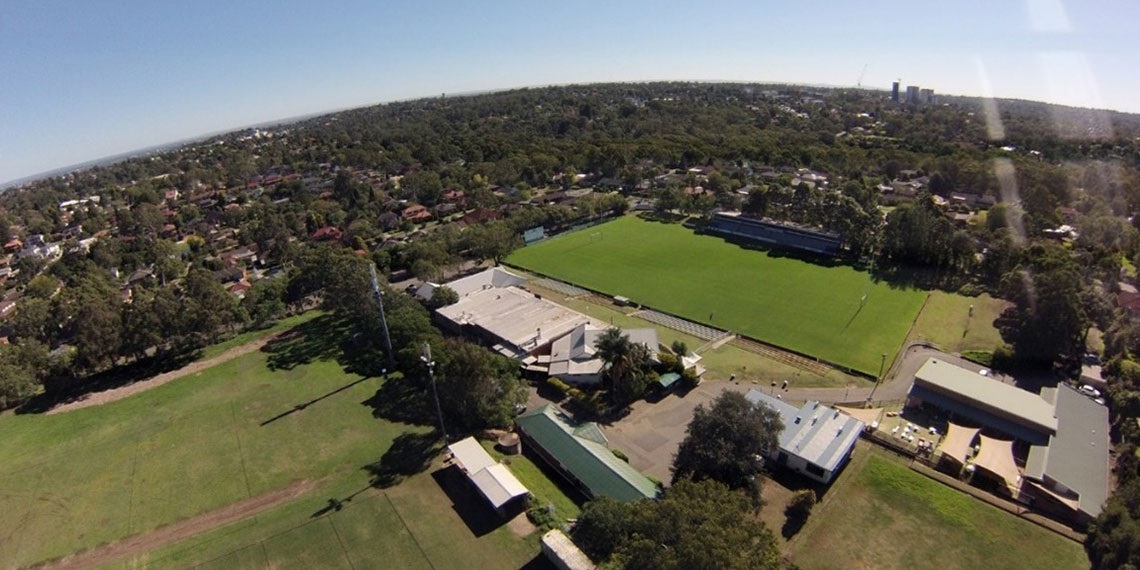The Northern Territory Government has announced two significant steps in its plan for 50% renewables by 2030.
The rapid uptake of solar by households and businesses is already delivering cheaper, cleaner power right across the Territory.
This increase in behind-the-meter solar and the impending connection of new large-scale solar projects to the grid means new investments and policies are required to maintain the stability of the power system.
Both initiatives will create local jobs while delivering stable, reliable and affordable power for Territory families and businesses.
A battery energy storage system (BESS) for the Darwin – Katherine System
The Northern Territory Government has approved the procurement of a large scale battery for the Darwin-Katherine grid at a project cost of $30M. The BESS is expected to pay for itself in approximately five years.
Major benefits of the BESS include:
- Increased stability and reliability of power supply. Fluctuations caused by the increasing levels of household and business behind-the-meter solar can be managed quickly and efficiently.
- Reduction in carbon emissions for the Territory and costs for Territory Generation. Reducing the need for gas-fired spinning reserve can deliver both cost savings of around $6.4M and emissions reductions of about 50,000 tonnes per annum.
- Enabling more renewable energy from large scale solar projects. The potential provision of system services from the BESS to the private sector will be considered.
The provision of central storage technology to increase system reliability and security, and to potentially provide system services to the private sector are actions recommended by the Road Map to Renewables report commissioned by the Government.
Procurement will take place over the coming months with the BESS expected to become operational in the second half of 2022.
Household and Business Battery Scheme (HBBS)
These batteries significantly reduce costs for households and businesses by reducing the amount of power that has to be purchased from the grid.
They also build grid stability and reduce power system costs by replacing demand for gas fired generation during evening peaks with solar energy generated during the day.
Lower system costs mean lower power prices.
Batteries can also be designed to build resilience for families and businesses by maintaining power supply during unavoidable outages that can occur during cyclones and extreme weather events.
Two new initiatives will be implemented to encourage the uptake of behind-the-meter batteries.
Firstly, a $6000 grant will be available to households and businesses for the purchase and installation of solar PV systems with eligible batteries and inverters, or for those who already have solar, for batteries and inverters.
The minimum size for eligible batteries is 7kWh.
Secondly, a new standard Feed in Tariff (FiT) of 8.3 cents per kWh will be offered by Jacana Energy and will apply to all new businesses and households with behind-the-meter solar installations of up to 30kW in size.
All businesses and households who currently receive the premium one-for-one FiT will continue to do so.
They will only surrender the premium FiT if they upgrade the capacity of their system, move premises or take advantage of the battery subsidy.
Households and businesses who have already submitted an application to Power Water for the installation of solar will also be eligible for the premium FiT.
The scheme will be funded by savings from the introduction of a reduced FiT.
An initial allocation of $800,000 will be provided for the scheme, funding grants for about 130 batteries.
Applications for the $6000 grants under the scheme will open Tuesday April 14.
Batteries and inverters will no longer be eligible for grants under the new ³Ô¹ÏÍøÕ¾ Improvement Scheme or the Business Improvement Grant.
Reforms to the FiT to encourage the take-up of batteries by households and businesses was a recommendation of the Road Map to Renewables report commissioned by the Government.








